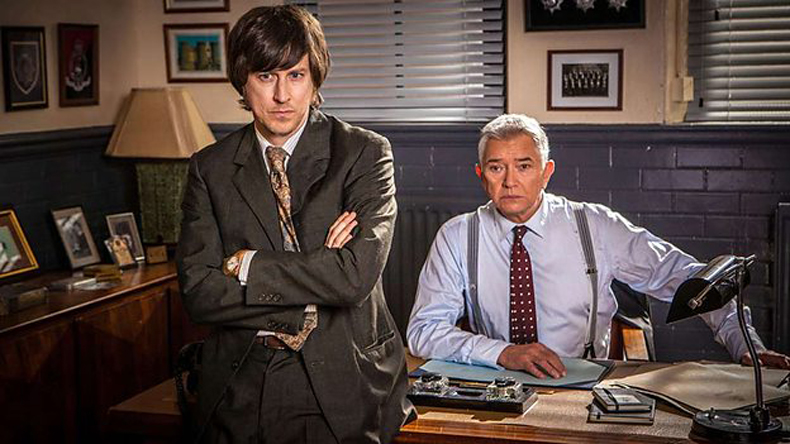Matthew Postgate, BBC chief technology officer, said BBC Engineering (formerly BBC Technology) had taken on “a new structure and approach” in order to respond to how the Internet has changed broadcasting - from how programmes are made to how people watch and listen to them.
In a blog post on the BBC website, Postgate said using the Internet to deliver programmes and services would in turn help the corporation drive innovation and explore new forms of content, “things like Ultra-HD or virtual reality”.
Speaking to the Financial Times about the plans and the broadcaster's future, Postgate said the BBC was likely to be broadcasting TV programmes in 4K as standard by 2016.
MORE: 4K Ultra HD TV - everything you need to know
The BBC executive said the corporation’s challenge was “to take advantage of the rapidly changing technology and media landscapes for the benefit of the public”, capitalising on the rise of mobile viewing, on-demand TV and social media.
Using this new technology will in turn allow the BBC to focus on what Postgate says “it has done so expertly throughout its history - innovating new broadcast technologies and transforming the industry”.
The Olympics would again be seen as a key date for BBC innovation, with super-fast broadband crucial in pushing broadcasting forward.
“The Olympics has always been an event the BBC has innovated around," Postgate said, "[and] what kinds of experiences could we provide in 2020 or 2024 if the nation had universal high-speed broadband and a broadcast infrastructure designed to take advantage of it?"
MORE: 7 of the best 4K TVs
Despite the push to make the BBC "internet first", shown most obviously by the plan to move BBC Three to an online channel by the end of 2015, Postgate said this wouldn't detract from the corporation's TV content.
"We aren’t talking about the BBC doing more with online content or only putting content and programmes online... [but] to make sure that the BBC’s technologies that underpin everything we do are set up in the best possible way, and take advantage of new internet-based technologies."
After 4K trials around the World Cup last year, a BBC survey recently revealed that 23% of viewers could benefit from 4K broadcasts.
MORE: How to watch 4K content on TV and online
See all our 4K TV reviews

